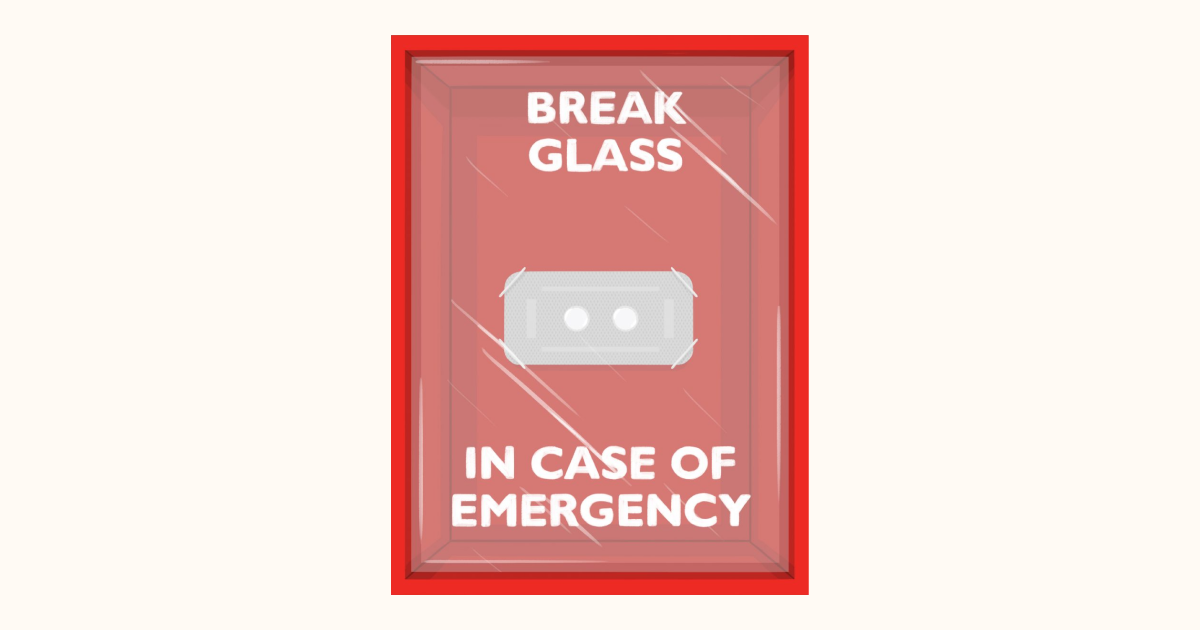Accidents happen, like the condom broke during sex, or you missed a birth control pill. This is when the morning-after pill, also known as emergency contraception, comes to mind.
We all want our medications to work but many factors can affect the effectiveness of our medications. With emergency contraception, we will understandably be more concerned as the stakes are much higher.
Emergency contraception is available in two types: Ella® and Postinor®-2 (also known as Plan B). Some questions may then surface: What is the difference between Ella® or Postinor®-2? Which one is better at preventing pregnancy after sexual intercourse? Which one is more suitable for me?
In this article, we will discuss the main differences between Ella® and Postinor®-2.
Differences Between Ella® and Postinor®-2
There are 3 main differences between Ella® and Postinor®-2:
- Effectiveness and when they are most effective;
- Active ingredient; and
- Body Mass Index (BMI)
Effectiveness and when they are most effective
The key difference between Ella® and Postinor®-2 is the effectiveness at preventing pregnancy and when they should be taken after sexual intercourse to experience the maximum benefit.
Ella® is 98% effective at preventing pregnancies up to 120 hours (5 days) after unprotected sex and does not lose effectiveness over that time.
Postinor®-2 is only effective up to 72 hours (3 days) after unprotected sex and is less effective the later you take it in that 72-hour window:
- 95% effective if taken within first 24 hours
- 85% effective if taken within between 24-48 hours
- 58% effective if taken within between 48-72 hours
Ella® reigns superior in terms of effectiveness and longevity. In comparison, Postinor®-2 is most effective only when it is taken within 24 hours after sexual intercourse.
Nevertheless, it is still recommended to take emergency contraceptive pills as soon as possible after sexual intercourse, to reduce the likelihood of pregnancy as much as possible.
Active Ingredient
The greatest difference between the two pills is the active ingredient used. Though using different modes of action, both pills ultimately prevent pregnancy.
The active ingredient present in Ella® is ulipristal acetate, a Selective Progesterone Receptor Modulator (SPRM). It suppresses the release of progesterone, a hormone involved in the menstrual cycle, for an extended duration. This results in a delay or inhibition in the release of an egg (ovulation). During this period, sperms which have entered the woman’s body will die. Over time, when the effects of Ella® wane and progesterone levels increase to release an egg, there is no remaining sperm to fertilise it.
On the other hand, levonorgestrel in Postinor®-2 is the active ingredient that prevents pregnancy. Levonorgestrel is a progestogen, which mimics the effects of progesterone. With higher levels of progesterone, effects include:
- Inhibiting implantation of the fertilised egg on the uterine lining;
- Stimulating the motility of the fallopian tube;
- Increasing the viscosity of the cervical mucus, preventing the sperm from reaching the egg.
Body Mass Index (BMI)
Another important factor to consider when deciding between Ella® and Postinor®-2 is BMI. Differences in treatment effectiveness are significant for women with higher BMI.
Evidence has shown that, in general, the risk of pregnancy is much greater in obese women with BMI above 30 as compared to women with normal BMI. Comparing Ella® and Postinor®-2 in obese women, the risk of pregnancy is greater for those taking Postinor®-2.
Which Emergency Contraception Is Better?
There is no definite answer to this question.
Though both Ella® and Postinor®-2 are effective at preventing pregnancy, it is important to consider your circumstances, needs and preferences to decide which emergency contraceptive pill is better suited for you.
How To Get Emergency Contraception In Singapore?
In Singapore, regardless of age, women can only obtain emergency contraception with a valid prescription by a doctor (usually a general practitioner can help).
Need emergency contraception? As a MOH-approved digital health clinic, Siena offers online emergency contraception consultation with one of our friendly doctors, all from the comfort and privacy of your home. If prescribed, the emergency contraception will be delivered in discreet packaging to your doorstep, in 4 hours.
No more rushing, no more panicking!
References
- Glasier A, Cameron ST, Blithe D, Scherrer B, Mathe H, Levy D, Gainer E, Ulmann A. (2011, October). Can we identify women at risk of pregnancy despite using emergency contraception? Data from randomized trials of ulipristal acetate and levonorgestrel. https://pubmed.ncbi.nlm.nih.gov/21920190
- MIMS. Ella Full Prescribing Information, Dosage & Side Effects. https://www.mims.com/singapore/drug/info/ella
- MIMS. Postinor-2 Full Prescribing Information, Dosage & Side Effects. https://www.mims.com/singapore/drug/info/postinor-2
- NPS MedicineWise. (2018, May). Postinor-2 Tablets. https://www.nps.org.au/medicine-finder/postinor-2-tablets
- Richardson AR, Maltz FN. (2012, January). Ulipristal acetate: review of the efficacy and safety of a newly approved agent for emergency contraception. https://pubmed.ncbi.nlm.nih.gov/22154199
- World Health Organisation. (2021, November). Emergency contraception. https://www.who.int/news-room/fact-sheets/detail/emergency-contraception




